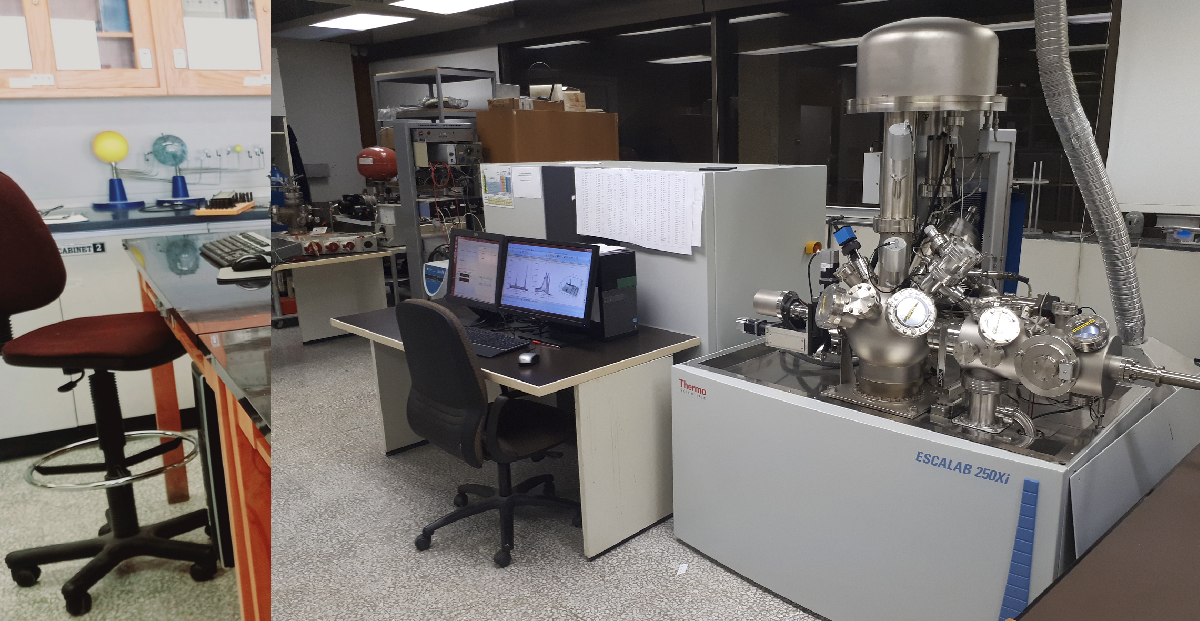KFUPM Physics
The Physics Department was established as an integral part of KFUPM since its establishment as a university in 1975. Its main purpose has been to provide scientists and engineers with the necessary scientific and analytical skills to understand the laws governing nature, and further apply these skills in their careers.
1 / 1

